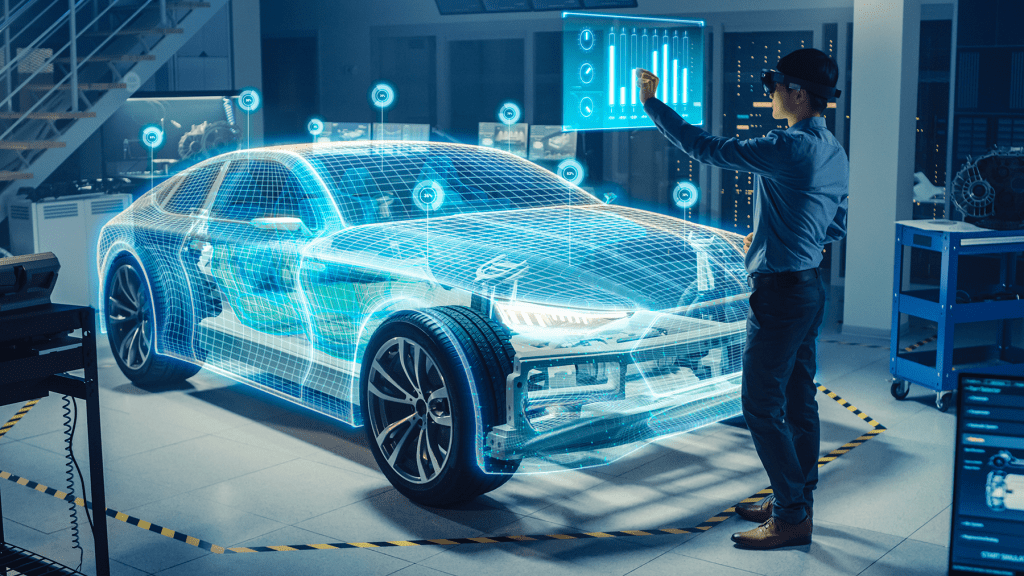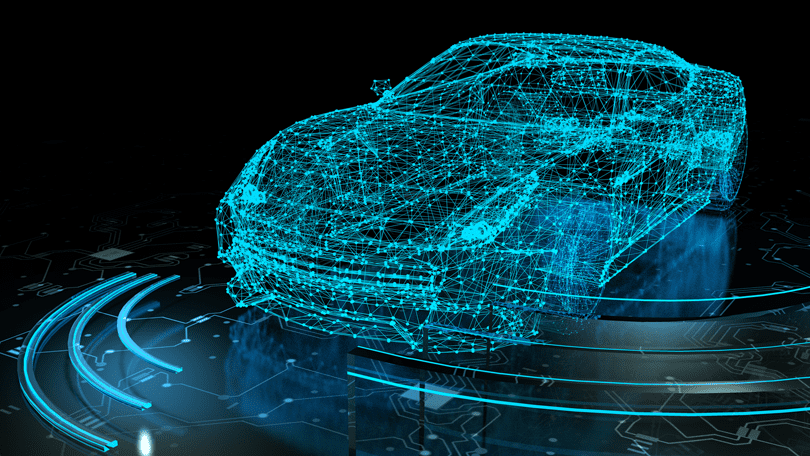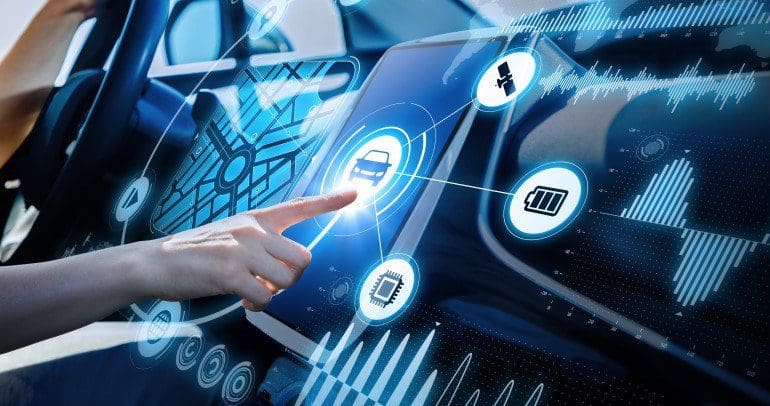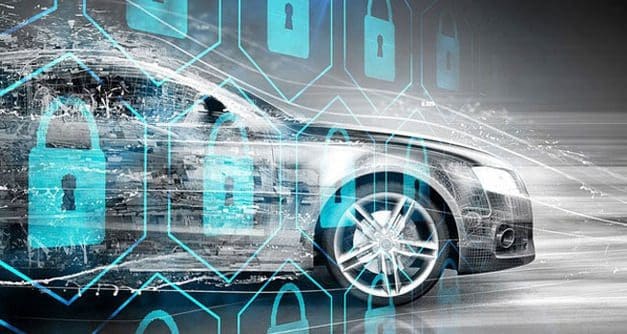Cyber Security in the Automotive Industry: Safeguarding Connected Cars
Navigating the Digital Road: Ensuring Cyber Security for Connected Cars in the Automotive Industry

Explore the importance of cyber security in the automotive industry and learn how to protect connected cars from cyber threats. Understand the challenges and solutions in securing modern vehicles.
The automotive industry has undergone a significant transformation with the advent of connected cars. These vehicles, equipped with internet access and sensor technologies, offer enhanced experiences and functionalities. However, with connectivity comes vulnerability. Cyber security in the automotive industry is crucial to safeguard connected cars from cyber threats and ensure the safety and privacy of users. This article delves into the challenges faced by the automotive industry in securing connected cars and the solutions that can be employed to overcome them.
The Rise of Connected Cars
Connected cars are revolutionizing the automotive industry. With features like navigation, infotainment, and automated driving, these vehicles are more than just a mode of transport; they are smart devices on wheels.
Understanding the Cyber Threat Landscape
As connected cars become more integrated with technology, they also become more susceptible to cyber attacks. Hackers can exploit vulnerabilities to gain unauthorized access to vehicle systems, which can have severe consequences.
The Stakes of Vehicle Cyber Security

The implications of a cyber attack on a connected car can be dire. From theft of personal data to taking control of the vehicle, the risks are high. Ensuring cyber security is not just about protecting data; it’s about safeguarding lives.
Securing Connected Cars
To secure connected cars, the automotive industry must adopt a multi-layered approach. This includes securing communication channels, employing intrusion detection systems, and ensuring that software is regularly updated.
Standards and Regulations

The development of standards and regulations is crucial in ensuring that automotive manufacturers implement necessary cyber security measures. Compliance with these standards is essential in protecting consumers.
Educating Consumers
Consumers play a vital role in the cyber security of connected cars. Educating them on the risks and best practices, such as regularly updating software and being cautious of phishing attacks, is crucial.
Collaboration and Information Sharing

The automotive industry must work collaboratively to address cyber security challenges. This includes sharing information on threats and working together to develop solutions.
Connected cars represent the future of the automotive industry. With their myriad of benefits, they have the potential to transform the driving experience. However, as vehicles become more connected, ensuring their security is paramount. Through a combination of technological solutions, regulatory compliance, consumer education, and industry collaboration, the automotive industry can work to safeguard connected cars against cyber threats. In doing so, it not only protects the data and privacy of consumers but also contributes to the overall safety and advancement of the automotive landscape.

Comments are closed, but trackbacks and pingbacks are open.